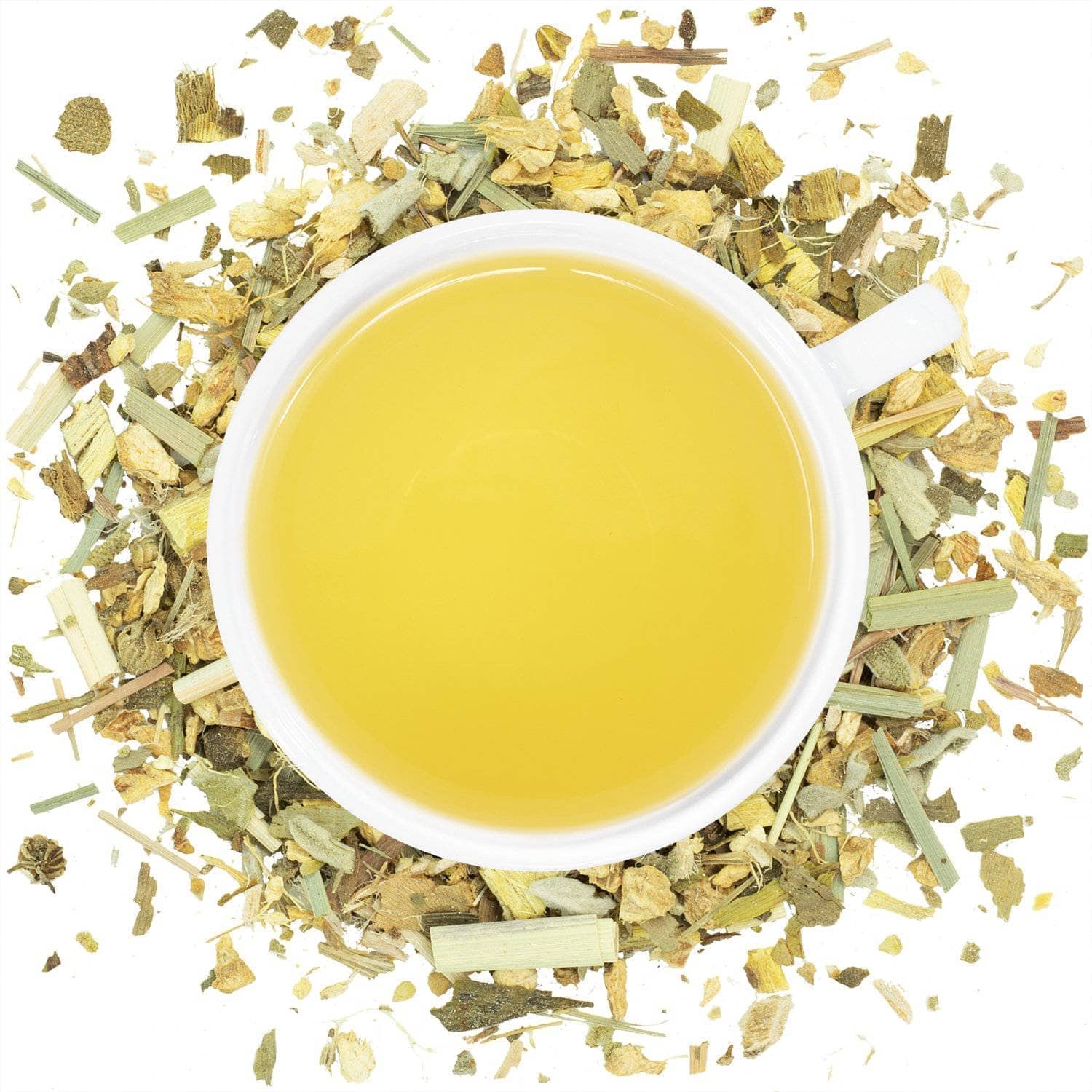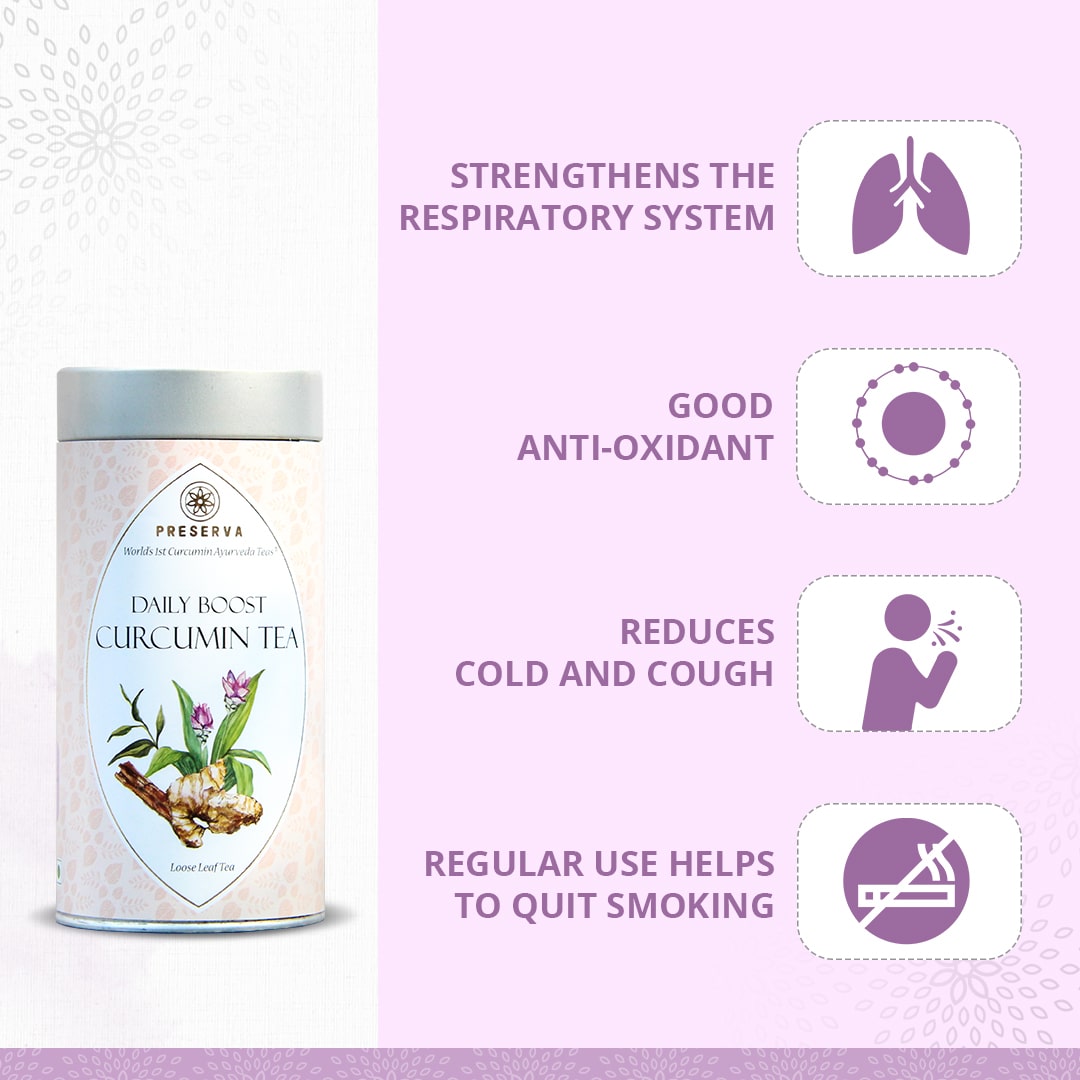Lung Health Tea promotes respiratory health and supports lung function with its natural herbal blend. It aids in reducing inflammation, soothing respiratory discomfort, and maintaining healthy lung function.
As people are becoming more conscious of their well-being, natural remedies like Lung Health Tea are gaining popularity. The tea’s blend of herbs such as ginger, licorice, and peppermint can help alleviate respiratory issues and support overall lung health. With its soothing and anti-inflammatory properties, Lung Health Tea provides a natural and effective way to take care of your lungs.
Incorporating this herbal tea into your routine can contribute to maintaining healthy respiratory function and supporting overall well-being.
What Is Lung Health Tea?
What is Lung Health Tea?
Lung Health Tea is a carefully crafted herbal blend specifically designed to support respiratory health and promote a healthy respiratory system. This tea is made with a combination of natural ingredients known for their beneficial effects on lung function, making it an excellent choice for those looking to maintain optimal lung health.
Ingredients
- Eucalyptus: Known for its decongestant properties, eucalyptus can help clear the respiratory passages and support easier breathing.
- Thyme: Thyme is rich in antioxidants and has been traditionally used to support respiratory function.
- Peppermint: Peppermint helps to soothe the throat and promote clear airways, making it easier to breathe.
- Licorice Root: Licorice root has anti-inflammatory properties that can support lung health and reduce irritation in the respiratory system.
- Ginger: Ginger has natural expectorant properties that can help to clear mucus from the lungs and support overall respiratory health.
Benefits
- Clears the Respiratory Passages: The combination of eucalyptus and peppermint helps to clear the respiratory passages, making it easier to breathe.
- Supports Lung Function: The antioxidants in thyme and the anti-inflammatory properties of licorice root can support overall lung function.
- Reduces Irritation: Licorice root can help reduce irritation in the respiratory system, promoting greater comfort and ease of breathing.
- Relieves Congestion: The expectorant properties of ginger can help to relieve congestion in the lungs and promote clearer breathing.
How Does Lung Health Tea Improve Respiratory Wellness?
How Does Lung Health Tea Improve Respiratory Wellness?
Lung Health Tea is a natural remedy known for its beneficial impact on the respiratory system. It works by promoting lung health through its antioxidant properties and anti-inflammatory effects.
Antioxidant Properties
Lung Health Tea contains high levels of antioxidants such as polyphenols and flavonoids. These compounds help combat oxidative stress in the lungs, protecting them from damage caused by free radicals, pollutants, and toxins.
Anti-inflammatory Effects
In addition to its antioxidant properties, Lung Health Tea also possesses potent anti-inflammatory effects. It reduces inflammation in the airways, which can alleviate symptoms associated with respiratory conditions such as asthma, bronchitis, and COPD.
Choosing The Right Lung Health Tea
When it comes to taking care of your lungs, incorporating lung health tea into your routine can be an excellent choice. These specialized teas are crafted using a combination of herbs and spices that have been traditionally used to support respiratory health. But with so many options available on the market, how do you know which lung health tea is the right one for you? In this article, we’ll explore a few key factors to consider when making your selection.
Organic Vs. Conventional
One of the first things to consider when choosing a lung health tea is whether to opt for organic or conventional varieties. Organic teas are made from plants that are grown without the use of synthetic pesticides, herbicides, or fertilizers. Choosing organic ensures that you are consuming a product free from potentially harmful chemicals.
On the other hand, conventional teas may be more accessible and affordable. These teas are made from plants that may have been treated with pesticides or grown in less sustainable ways. While conventional teas can still provide benefits, it’s important to be mindful of potential chemical residue.
Herbs And Spices To Look For
Another important factor to consider when choosing a lung health tea is the selection of herbs and spices used in the blend. Certain herbs and spices have been used for centuries to support respiratory health and promote clear breathing. Here are some key ingredients to look for:
- Mullein leaf: Mullein is known for its soothing properties on the respiratory system, helping to reduce bronchial congestion and ease coughs.
- Licorice root: Licorice root has been traditionally used to relax and open the airways, making it easier to breathe.
- Thyme: Thyme contains compounds that help to support healthy lung function and clear excess mucus from the air passages.
- Ginger: Ginger has anti-inflammatory properties and can help to calm irritation in the respiratory system.
- Eucalyptus: Eucalyptus has a refreshing effect on the respiratory system and can help to clear congestion.
Formulas with a combination of these herbs can provide a synergistic effect, enhancing their overall respiratory-supporting benefits. However, it’s essential to check if you have any allergies or sensitivities to these ingredients before incorporating them into your routine.
When choosing a lung health tea, consider both the organic vs. conventional options and the specific herbs and spices used. By making an informed decision, you’ll be able to select a tea that best supports your lung health needs.

Credit: fullleafteacompany.com
Preparing And Drinking Lung Health Tea
In this section, we will explore the best ways to prepare and enjoy a cup of lung health tea. By following the suggested tea brewing methods and enhancing the flavor, you can optimize the benefits of this herbal concoction for your respiratory system. Let’s dive in!
Tea Brewing Methods
When it comes to brewing lung health tea, you have a few options to choose from. Here are two popular methods:
-
Hot Water Infusion
This method is the quickest and simplest way to brew lung health tea. To prepare it:
- Bring water to a near-boil, ensuring it’s not boiling.
- Add the desired amount of lung health tea leaves to a teapot or mug.
- Pour the hot water over the tea leaves.
- Cover and let it steep for about 5-7 minutes.
- Strain the tea leaves and enjoy a hot cup of lung health tea.
-
Cold Water Infusion
If you prefer a refreshing iced lung health tea, try this cold water infusion method:
- Add the recommended amount of lung health tea leaves to a pitcher.
- Pour cold water over the leaves.
- Cover the pitcher and let it steep in the refrigerator for at least 8 hours, or overnight.
- Once steeped, strain the tea leaves and pour into a glass filled with ice.
- Sit back, relax, and savor the chilled goodness of lung health tea.
Enhancing Flavor
While lung health tea is beneficial on its own, you can add a touch of flavor to make it even more enjoyable. Try these suggestions:
- Add a squeeze of fresh lemon or lime juice to brighten the taste.
- Sprinkle a pinch of raw honey or stevia for natural sweetness.
- Infuse the tea with a slice of ginger or a few sprigs of mint for a refreshing zing.
- Experiment with different herbs and spices like cinnamon, cardamom, or cloves to enhance the flavor profile.
Remember, the key is to find the combination that suits your taste buds while still reaping the benefits of the lung health tea.
Incorporating Lung Health Tea Into Your Daily Routine
Incorporating Lung Health Tea into Your Daily Routine
Recommended Dosage
To reap the benefits of Lung Health Tea, it is important to follow the recommended dosage. It is generally recommended to consume 1 to 2 cups of Lung Health Tea per day, preferably in the morning or evening.
| Dosage | Frequency | Time |
|---|---|---|
| 1 to 2 cups | per day | Morning or evening |
Additional Tips
Here are some additional tips to maximize the effectiveness of Lung Health Tea:
- Incorporate a healthy lifestyle: Along with drinking Lung Health Tea, it is important to follow a healthy lifestyle, which includes regular exercise, a balanced diet, and adequate rest.
- Choose high-quality Lung Health Tea: Ensure that the Lung Health Tea you choose is made from high-quality, organic ingredients. Look for trusted brands and read customer reviews before making a purchase.
- Stay hydrated: Drinking enough water throughout the day is crucial for overall health, including lung health. Make sure to hydrate yourself adequately to support the effectiveness of Lung Health Tea.
- Combine with other herbal remedies: If you are looking for additional respiratory support, consider combining Lung Health Tea with other herbal remedies known for their beneficial effects on the respiratory system, such as peppermint or eucalyptus oil.
- Listen to your body: Every individual is unique, and what works for one person may not work for another. Pay attention to how you feel after consuming Lung Health Tea and make adjustments to the dosage or frequency if needed.

Credit: preservawellness.com

Credit: mediteawellness.com
Frequently Asked Questions Of Lung Health Tea
Which Tea Is Best For Lung Repair?
Green tea is the best choice for lung repair. Its antioxidants can reduce inflammation and protect lung tissue.
Does Mullein Tea Detox Lungs?
Yes, tea made from mullein leaves may support lung health by helping to expel excess mucus and soothe irritation. However, scientific evidence on its detoxifying effects is limited, and consulting a healthcare professional is advisable for lung health concerns.
What Tea Is Good For Mucus In The Lungs?
Some teas that may help thin mucus in the lungs include peppermint, ginger, and eucalyptus. These teas have natural properties that can help clear the respiratory system. Always consult a healthcare professional for personalized advice.
What Is The Best Supplement For Lung Health?
The best supplement for lung health is a powerful combination of antioxidants like vitamins C and E, as well as herbal ingredients like ginseng, turmeric, and ginger. These nutrients help reduce inflammation and promote overall lung function. Regular intake of these supplements can support respiratory health and protect against lung diseases.
Conclusion
Maintaining lung health is essential for overall well-being. Incorporating lung health tea into your daily routine can provide numerous benefits. These natural ingredients can help reduce inflammation, strengthen respiratory function, and support the body’s immune system. By choosing a high-quality lung health tea, you can take a proactive approach to nurturing your lungs and promoting a healthy lifestyle.
Stay proactive and prioritize your respiratory health with the power of lung health tea.

